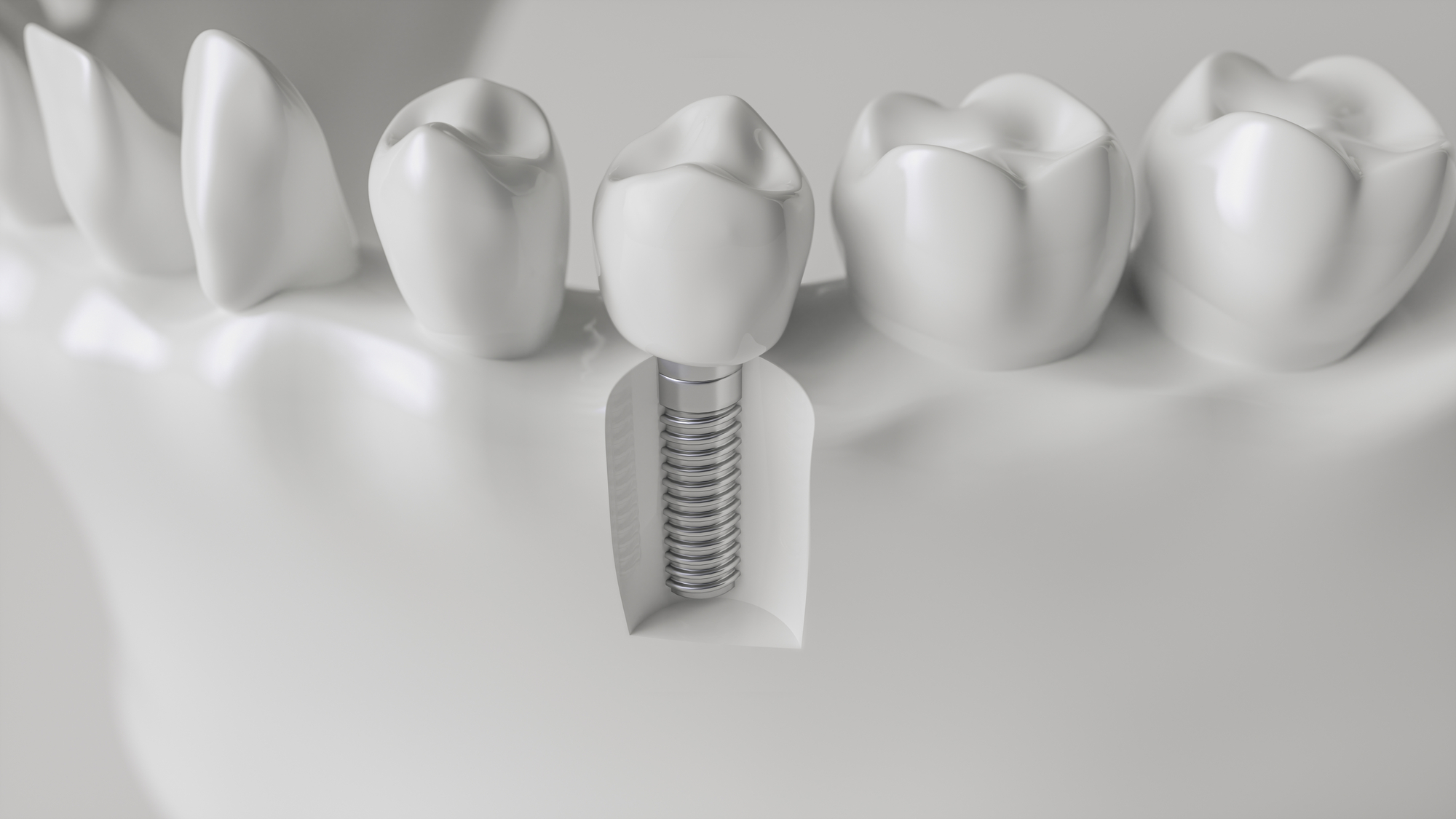Back to School Tips from Your Dentist
After a care-free, relaxing summer, back-to-school season brings a lot of change for families everywhere. While you're busy shopping for school supplies and organizing schedules, there's one aspect of your...

When you lose a tooth, you might be in danger of losing more than just the tooth itself. Many patients don’t realize that teeth do more than you might think.
When you lose a tooth, for whatever reason, you have options when it comes to how to handle it. You could simply let it be and live with a gap, choose to get a dental bridge, or invest in a dental implant. But there are more implications to this decision than aesthetics and finances alone. Which choice you make may continue to affect your oral health and even your bone health.
Without proper use, tissue in our body (such as muscle and bone) will begin to deteriorate. In other words, the bone in our bodies requires stimulation in order to stay strong. Losing a tooth or multiple teeth results in a gap not only in your visible smile but also below the gum line where the root of your tooth is attached to your jaw bone. When teeth are intact, the act of chewing and other motions with your mouth puts pressure on teeth, which is transferred to the root and then to the jaw. This stimulation keeps the jaw strong. Without it, the bone becomes weak and begins to waste away.
At first glance, this may not seem like a big deal. Who needs strong bone below a missing tooth anyway? The issue is that this problem will grow. Within just one year of losing a tooth, you can also lose up to 25% of the bone mass in that area.
As the jaw bone deteriorates and the deterioration spreads, neighboring teeth become affected. The strength of the connection between those teeth and your once-healthy jaw will become compromised. This can lead to additional tooth loss.
In addition, bone loss in the jaw can mean a loss of the structure that makes up your face. Combine this with the tooth that is missing, and you can wind up with sagging, sunken skin. Gums can also begin to sink, subjecting you to potential periodontal disease.
Unfortunately, dental bridges only replace the outside of the tooth’s structure and do very little to stimulate the jaw and prevent bone loss. This is where dental implants come to the rescue. Implants are dental crowns that outwardly replace the missing tooth and are placed on a fixed implant which is surgically affixed into your jaw bone.
This implantation mimics a tooth’s root structure, performing the same function of stimulating the jaw bone while you use the crown attached to it. What’s more, the implant is made of titanium, a strong metal that plays well with bone. So well, in fact, that your jaw bone will integrate with and fuse to the implant. The result is a stronger jaw without the bone loss commonly seen when a tooth is lost and not replaced with an implant.
The benefits of implants don’t stop there. Dental implants are extremely durable. They can last upwards of thirty years. You clean them just like you would your natural teeth, so they are quite easy to live with. They also look just like natural teeth. Even the color can be matched exactly to your remaining teeth, so no one will be able to tell you have a dental implant.
If you are considering dental implants, you are not alone. This superior tooth-replacement option is becoming more and more popular due to these unmatchable benefits. Don’t wait for bone loss to occur. Contact us today to find out if dental implants are right for you.